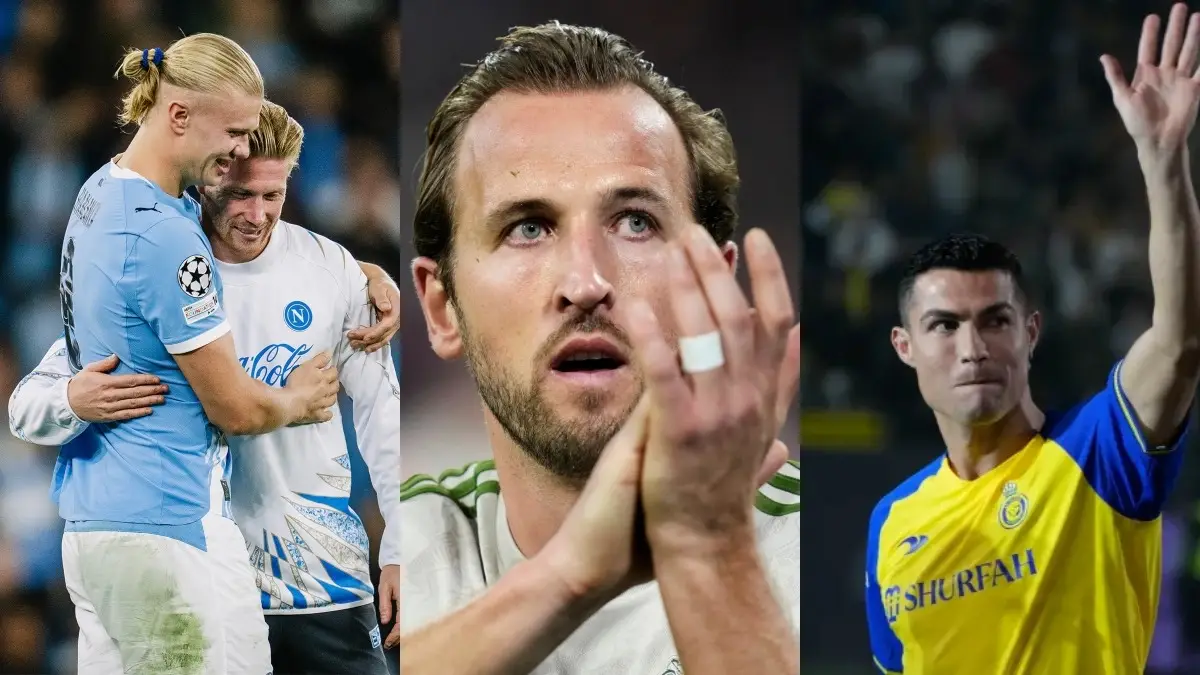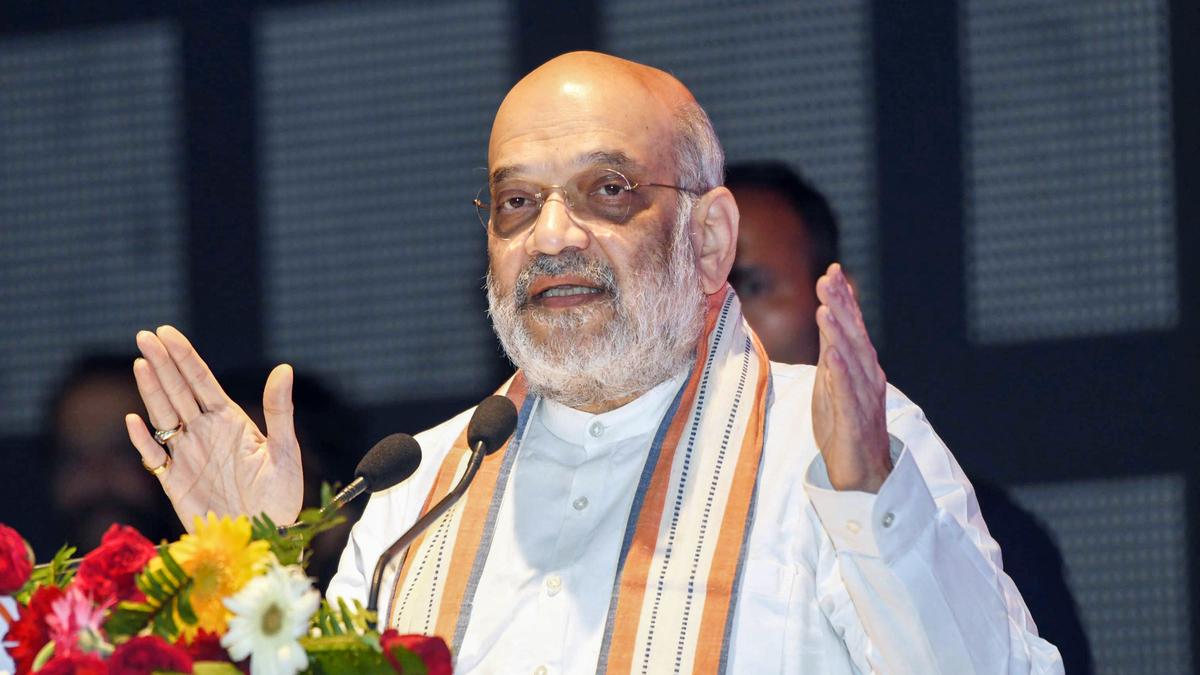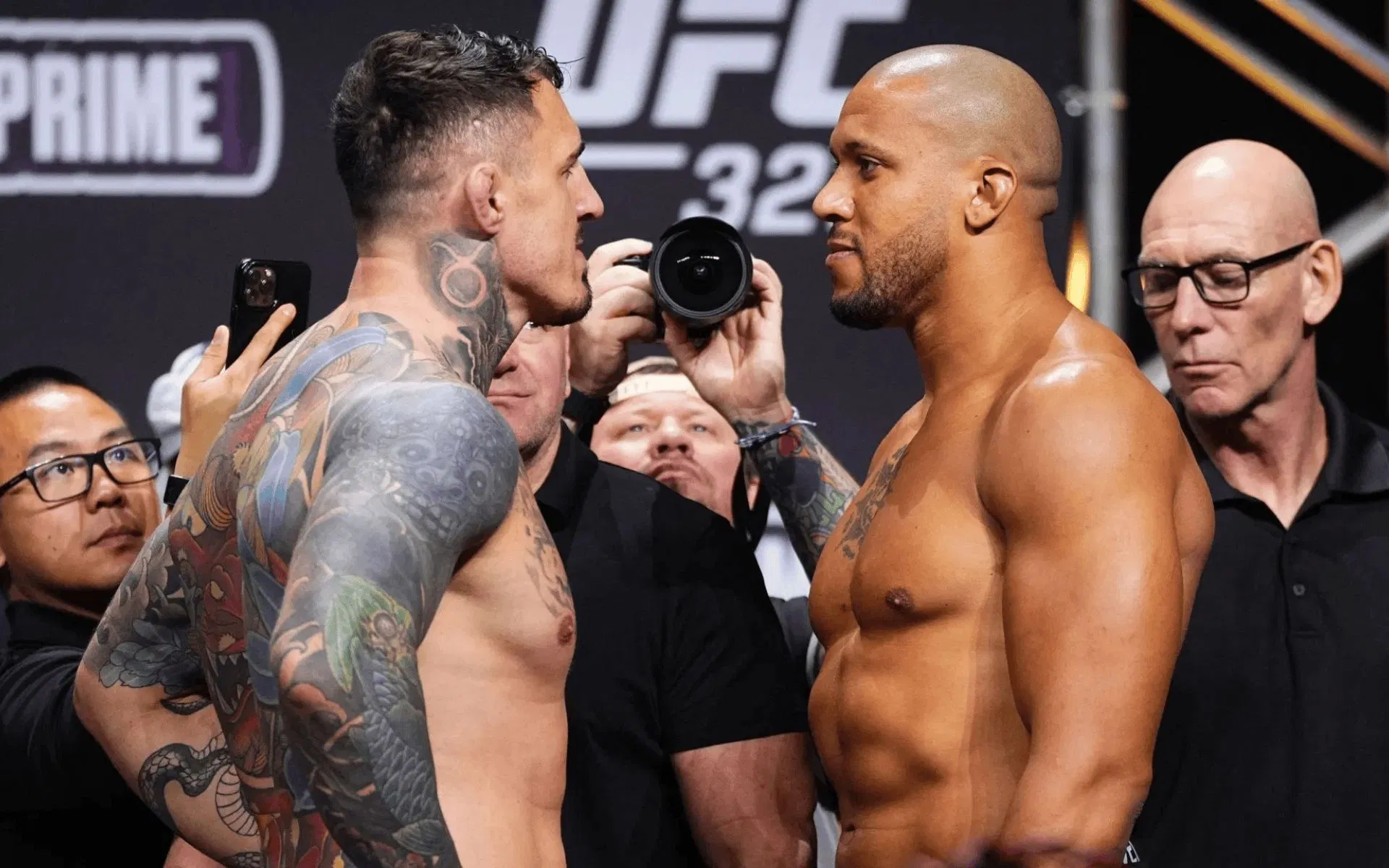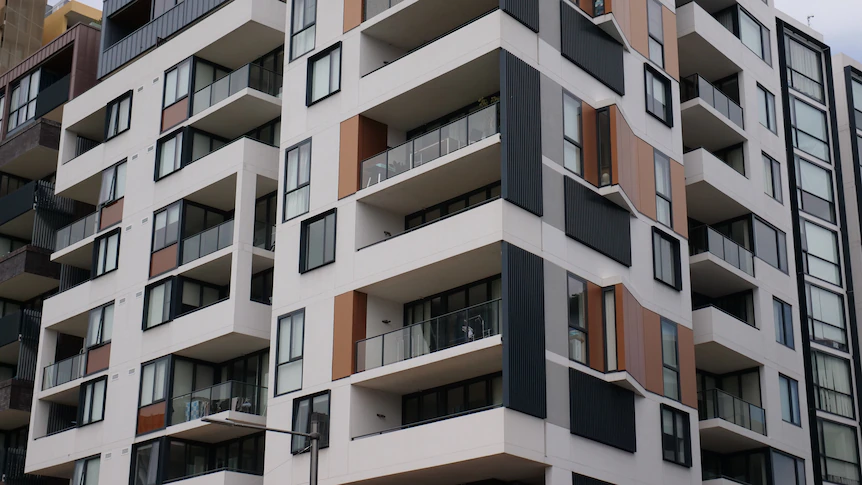Copyright positive
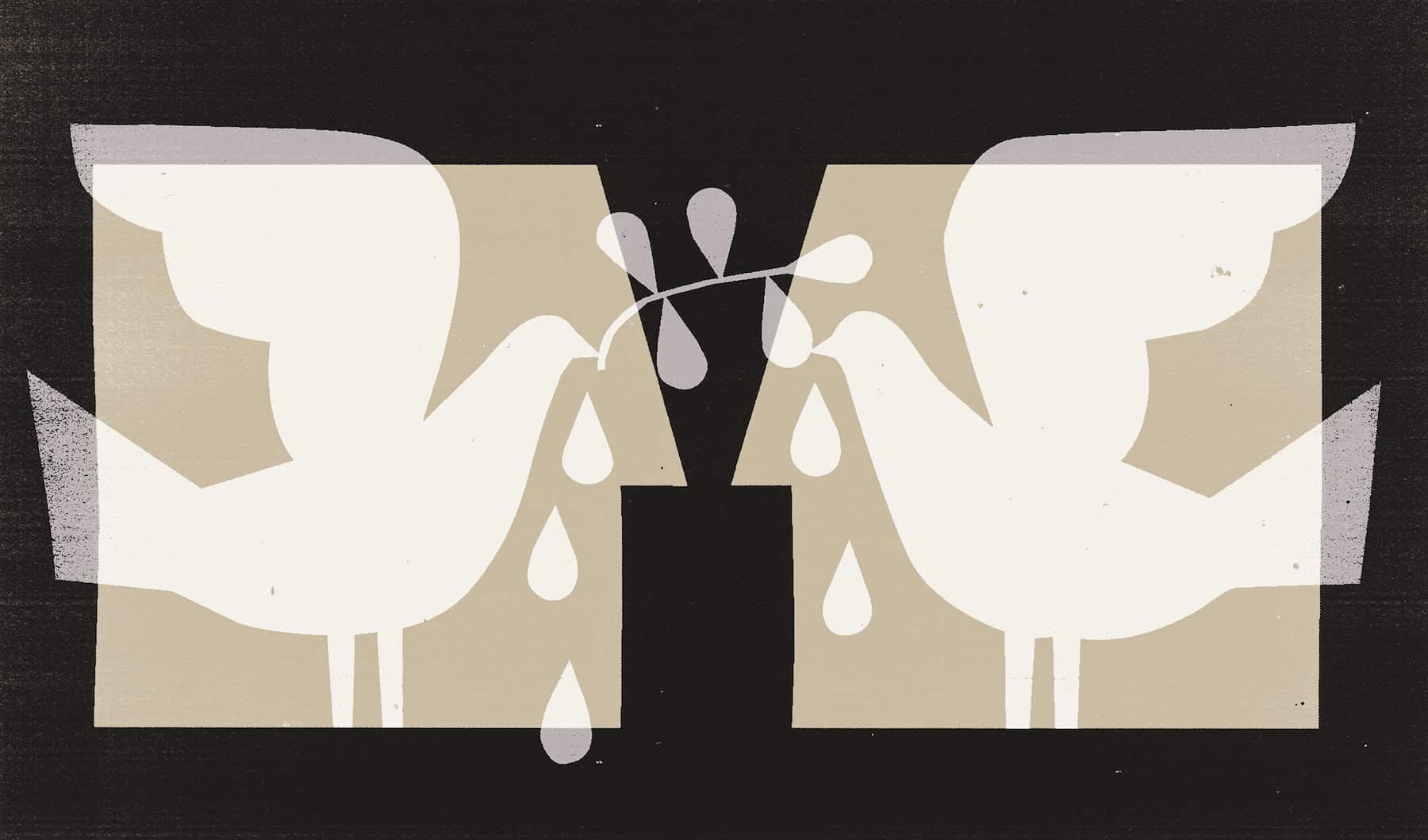
David and his unit were posted to a checkpoint. He called his mother. “I have done everything to protect us … but this is a terrible place. I feel like a sitting duck.” Later that day, a sniper opened fire. David was killed, along with nine of his comrades. A year later, Robi joined the Parents Circle. Its impact, says Eran Ram, an Israeli ex-soldier who took part in a PCFF process, can be “eyeopening, rattling, rough, depressing and hopeful at the same time”. At his frst PCFF session he says, a young Palestinian sat down beside him. “I looked at him, smiled and said: ‘Hello, my name is Eran. You look tired.’ ‘Yes,’ he replied. ‘My name is Tarek. I’m from Bethlehem and I worked until late last night.’ I suddenly realised how complex it is and how easy it could be.” Eran had served many times in the West Bank, “but never really knew [any] Palestinians”. Suddenly, he was face to face with one, talking about their daily lives. He talks of “the small moments of intimacy and trust that are created in the one-on-one encounters. The sense that in this ocean of hate and ignorance there are islands of hope … [Now] I worry about the future, for my family, for Israelis, for Palestinians – and for my friend Tarek from Bethlehem.” After the Oct 7, 2023, Hamas attacks and the Israeli response in Gaza, the PCFF started to draw more international attention, says Robi. It felt like “the whole world wanted us to come and give them hope”. It led to the development of online dialogue programmes, in partnership with US universities, and to work with Jewish and Muslim students in Berlin, among other institutions. Once you recognise your joint pain, that you share the same colour of tears, it becomes a completely different story Gaza and the hostage crisis only strengthened the resolve of those involved, says Robi. Today, the PCFF chair is Maoz Inon, whose parents were burned to death when a Hamas rocket hit their home. And they’ve had enquiries from Palestinians in Gaza who have lost children, too. For Robi, it is the meetings between mothers that have particular power. “Once you recognise your joint pain, that you share the same colour of tears, it becomes a completely different story.” Robi and Aramin and many others in PCFF share a hope, however slim, that one day Palestinians and Israelis will learn to share their land. As Bassam points out, the Holocaust was not so long ago – yet now there is a German ambassador in Tel Aviv; an Israeli in Berlin. Not so long ago, the Germans and British were killing vast numbers of each other’s children. Redemption can happen. Bassam eventually met the man who’d killed his daughter, and told him he did not seek revenge, because the man, too, was a victim. He was a killer, yes, but also a victim of the environment in which he’d been brought up, of his history, his education, and the conflict itself. “If any day, you come to ask me to forgive you,” he told him, “you will always find me there.” Main illustration by The Project Twins Martin Wright is a director of Positive News
